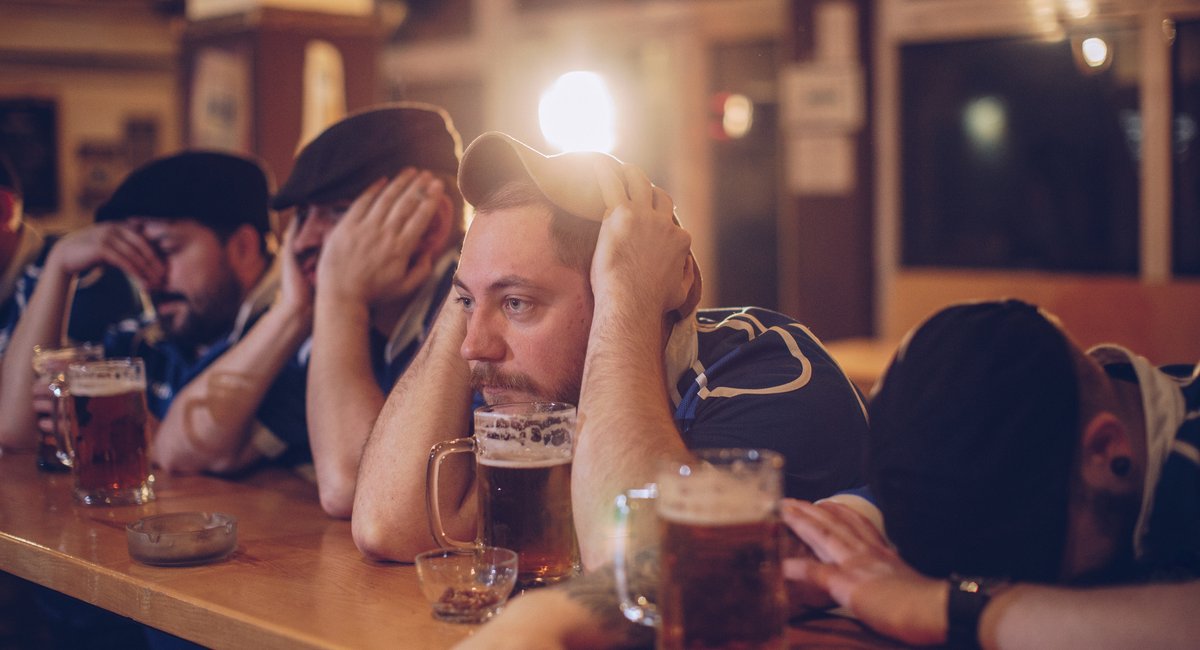There are certain givens about most New York City pubs: The bar is sticky, the rent is staggering, cash tips are preferred and — lesser-known, but equally true — the liability insurance is crushingly expensive.
Required by most watering hole’s landlords, liability insurance has long been a predictable balance sheet item, covering venue owners in case of property damage, lawsuits or other legal claims. It used to be a forgettable monthly expense, but not so since the pandemic: Now, liquor license holders say, rates have risen so high it is existentially threatening.
“It’s really bad. It’s been bad since COVID for five years now,” said Keith Hamilton, co-owner of Bushwick’s Our Wicked Lady. The 10-year-old bar and music venue shuttered this July, significantly due to its bottom line becoming unsustainable due to rising liability costs, which he said rose from about $2,000 a month to approximately $4,000 a month by the end.
Across the U.S. in the first quarter of 2025 alone, liability coverage rates rose by 2.3%. Annually, New York businesses are experiencing hikes of 10%, sometimes higher.
Before becoming one of the nails in Our Wicked Lady’s coffin, insurance rates directly led to the end of the venue’s all ages shows.
“Our broker told us he can’t get any insurance companies to cover us for under-21s unless we paid an additional $50,000 a year, which is crazy,” Hamilton said. “So we had to stop doing that.”
The situation goes to the heart of what numerous NYC business owners find so frustrating about the rising rates: They don’t make any logical sense, the owners say.
Rent is climbing, yes, but that tracks considering the market; flood insurance is rising along with the seas. But, in a decade of business, Our Wicked Lady made zero liability insurance claims yet watched its rate double.
“There’s really no rhyme or reason for it,” Hamilton said.
The insurance industry disagrees. The rhyme and reason come from factors including an increasingly litigious society, growing jury awards and various economic pressures (inflation, labor shortages, supply chain problems) according to various insurer reports.
As a result, industry analysists say, many insurers simply no longer insure independent bars or venues, and the remaining companies that do are in many cases doubling rates.
The financial pain is being felt by policyholders nationally, with many bars “forced to close their doors as the cost of liquor liability coverage rises” specialty insurance distributor CRC Group wrote in a 2023 article.
The fallout is quite possibly the worst in New York, though, as insurance premiums in the city average 15% higher than the rest of the country, according to the business advocacy group Partnership for New York City. Indeed, one recent study of New York’s independent live venues found that rising insurance costs outranked rent, mortgage, and decreasing alcohol sales in terms of challenges to running a venue. Insurance charges this year are anticipated to ultimately cost venues 55% more than last year.
“It’s worse than rent,” agreed Mark Kleback, who co-owns 7-year-old Bushwick arcade bar Wonderville with his wife.
He said it’s “higher than our payroll,” the process of acquiring it is opaque and antiquated and it doesn’t feel like it’s protecting them in any way: The one time the bar had a claim, it was denied.
Overall, “ it just feels like a scam” Kleback said. “I hate every single part of the industry. Like, I would not recommend people to open a small business because of insurance.”
In late September, local advocacy group the Neighborhood Venue Alliance organized a panel discussion on the topic led by Dhruv Chopra, co-founder of the venue Elsewhere and New York bar owners’ go-to for liability insurance advice and know-how.
Chopra’s liability insurance know-how is impressive: In a phone interview, he casually laid out its history, its issues, and potential temporary and long-term solutions he’s considered — basically none, unfortunately, so now he’s seriously considering attempting to break into the insurance industry himself.
In the meantime, insurance is not just hurting bars’ bottom lines, but subtly influencing how they operate.
Insurers “want to see things like earlier closures. They want to see tighter controls. They want to see you’re not going to serve shots,” said Chopra, who has personally seen insurers not only take such factors into account, but go on social media and use photos as evidence that premiums should be higher, creating an incentive to present as prudent and sterile.
“They have very cookie cutter silos for how they think about risks,” Chopra said. “And that’s just not really how nightlife works. It’s not really what makes New York and going out so much fun.”
